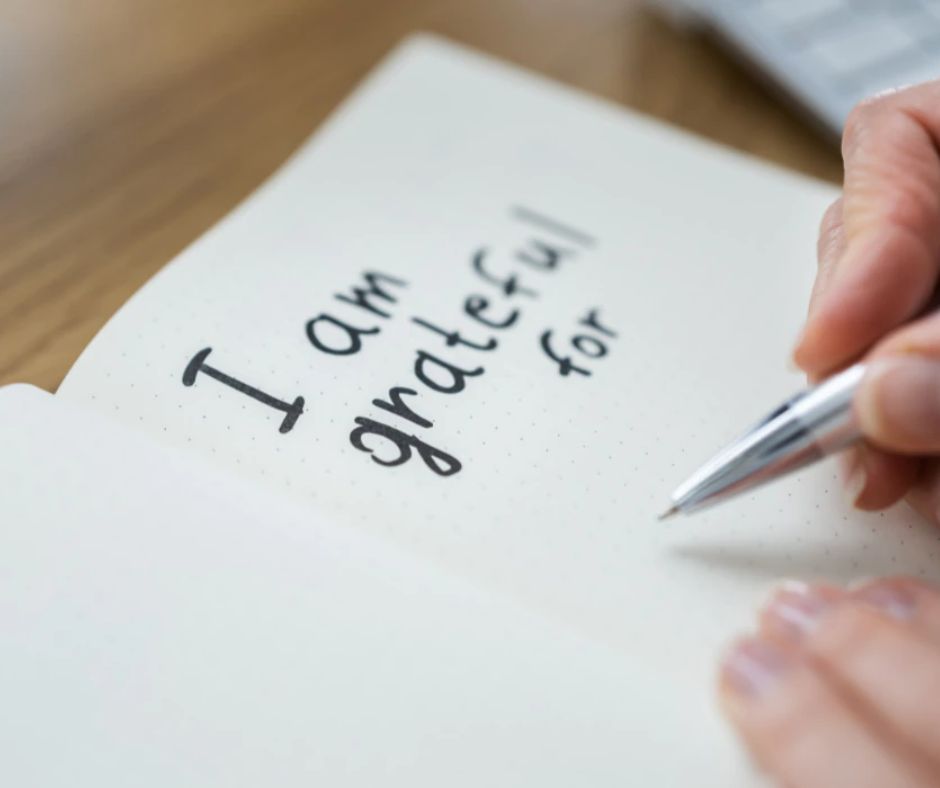
Self-care is very important to everyone. We cannot stress enough how important it is to prioritize taking care of yourself, but it is even MORE important if you are living with additional challenges such as chronic pain conditions.
What is Self-Care?
First off, let’s get clear about something. Self-care is not the same as selfishness or self-indulgence. This is what self-care really is:
“Self-care means taking care of yourself so that you can be healthy, you can be well, you can do your job, you can help and care for others, and you can do all the things you need to and want to accomplish in a day.”
When your energy and mobility are restricted, self-care looks a lot different than what it looks like in magazines and on lifestyle websites. Even the simplest ways to care for yourself such as taking a shower and making a meal for yourself, can become very difficult when you are living with chronic pain.
So, here, we created a list of some simple things you can do to practice self-care when you live with chronic pain. Whether you have a minute, an hour, a day, there’s always something for you to do to take care of yourself.
-
Have a Bath or Shower

Now, we understand that we often take these things for granted, like it’s just a normal part of the day and not at all special, but when you're dealing with chronic pain, these things can be precious. Having a nice bath or shower aren’t only relaxing, but it can certainly help with pain too. Just take your time to let the heat of a bath soothe your joints.
-
Sit outside

Never underestimate the power of fresh air in boosting your mood. You can find a spot outside to just sit, relax and feel the breeze of the air. Mornings are the best but anytime you feel like it is fine.
Living with a chronic illness can sometimes mean you are stuck indoors most of the time but it doesn’t always have to be that way.
Sitting in the sun and breathing in some fresh air is always amazing. On bad days, do it even if it’s by an open window.
-
Read something

Reading something even if it’s just a couple of pages at a time is a good way to escape. Make yourself a cup of tea and settle down in a comfy position for as long as you can.
If you don’t feel like reading, a good alternative is listening to a podcast you love.
-
Fuel your body

Eat food that makes you happy and feel energized but make sure to still be mindful.
To maintain a consistent energy level and avoid overeating, eat small meals and snacks frequently throughout the day. It's also a good idea to have some meals ready in case you don't feel like cooking.
-
Talk kindly to yourself

Be kind to yourself. Make sure to remind yourself that you are amazing, you are good enough, you are worth it and that you are more than your illness.
-
Write your worries away

“Getting your thoughts out of your head and down on paper by jotting them in a journal can also help you conquer overthinking. Start with a stream-of-consciousness practice. Allow each idea to emerge naturally and, as it forms, write it down without judging.”
Write down not just your worries and fears but also all your thoughts, gratitude, affirmations and manifestations. It helps!
-
Give yourself permission to do nothing

No, you are not lazy, unmotivated and stuck. You are exhausted and need to rest. Your body needs time to heal. And no, you shouldn't feel guilty about it. People with chronic illness are sometimes forced to do nothing due to physical limitations caused by chronic pain and often times, they feel guilty about laying down in bed and doing nothing. Give yourself permission to do nothing. Let go of the guilt.
The information shared in this blog post is not intended to replace the advice of a medical professional. Please consult your doctor.
AROMALIEF FREE RESOURCES
This pain tracking sheet is a simple to use form that you can print several copies and put them in a binder. You can fill it out throughout the day or every night with a warm cup of tea. Writing things down can also help to get them out of our mind.
This guide contains a comprehensive plan to help you live with less pain with the help of nature. This includes: Foods, aromatherapy, meditation, routines, sleep, exercise, self care, and more.
Sources:
- https://www.everydayhealth.com/self-care/
- https://www.happify.com/hd/5-science-backed-ways-to-stop-overthinking/


